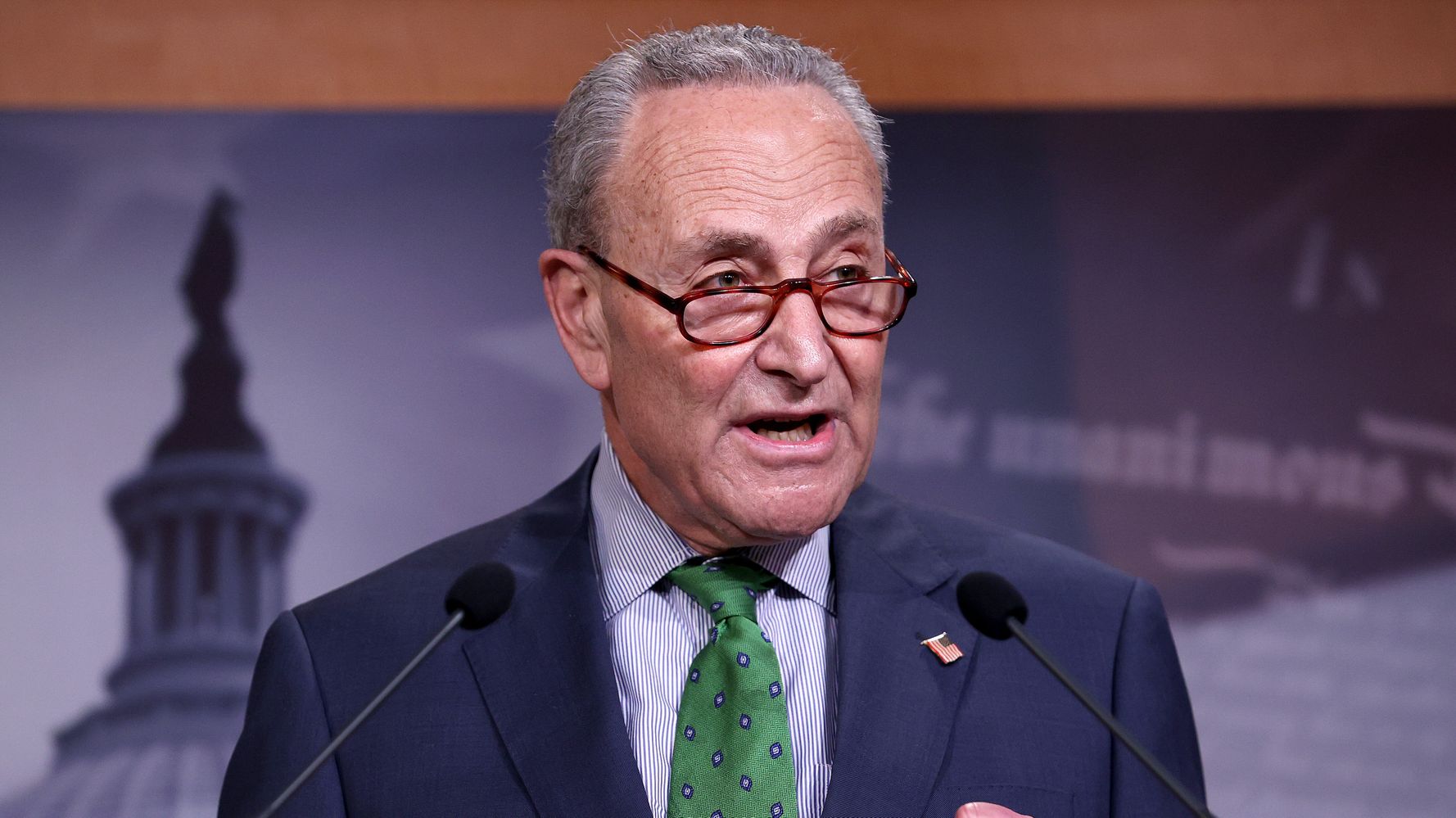[ad_1]

Senate Democrats on Wednesday threw cold water on Republican-authored police reform legislation, calling it an inadequate and half-hearted solution to hold police officers accountable in the wake of the death of George Floyd.
But they left the door open to a vote to allow it to proceed on the floor, suggesting they may try to amend it in the coming weeks.
“What’s clear is the Senate Republican bill on policing does not rise to the moment,” Senate Minority Leader Chuck Schumer (D-N.Y.) said in a floor speech.
“This is not about letting the perfect be the enemy of the good. This is about making the ineffective the enemy of the effective,” Schumer added.
Schumer did not say Wednesday if his caucus would filibuster the bill, saying only that it needs “dramatic improvement.”
There are several key differences between the GOP bill, which was authored by Sen. Tim Scott (R-S.C.), and the proposal offered by House and Senate Democrats.
Unlike the Democratic bill, the GOP measure does not explicitly ban law enforcement techniques such as chokeholds and no-knock warrants. A chokehold was used by police in the death of George Floyd in Minneapolis, and police in Kentucky used a no-knock warrant in the incident that led to the death of Breonna Taylor.
Instead, the Republican bill blocks access to grant programs for police departments that don’t bar chokeholds, “except in situations where deadly force is authorized.”
The Democratic proposal includes a more expansive definition of chokeholds as well. It restricts not only techniques that block oxygen to the brain but also “carotid holds,” or those techniques that block blood to the brain.
The GOP bill would not end qualified immunity for law enforcement as called for by Democratic lawmakers and the activists marching for change in nationwide protests. The legal doctrine gives police officers a broad liability shield in court, making it all but impossible to successfully sue them over claims of wrongdoing.
Scott, the lone Black Republican in the Senate, called ending qualified immunity a “poison pill” in the debate over police reform. The White House opposes it as well.
Schumer, meanwhile, called the GOP bill’s silence on the issue of qualified immunity “its greatest flaw” because it blocks “real, meaningful accountability in individual officer misconduct.”
Senate Majority Leader Mitch McConnell (R-Ky.) has announced that the GOP plans to take up Scott’s proposal next week. That will put pressure on individual Democratic senators either to stick with party leadership or to vote at least to allow a debate on police reform legislation.
“If they want to make a law and not just try to make a point, I hope they’ll join us in trying to get on a bill and move forward,” McConnell told reporters on Wednesday.
Calling all HuffPost superfans!
Sign up for membership to become a founding member and help shape HuffPost’s next chapter
[ad_2]
Source link

